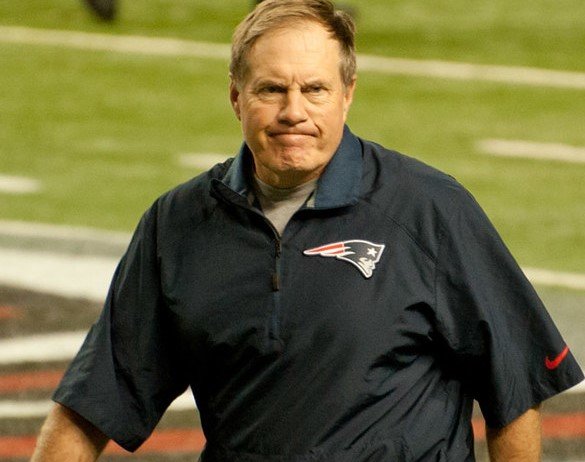College athletics have always been a captivating mix of tradition, pride, and fierce competition. But as Bill Belichick, one of the greatest NFL coaches of all time, steps into a high-profile role at the University of North Carolina (UNC), the lines between amateur athletics and professional sports seem more blurred than ever.
This hiring isn’t just about Belichick or UNC—it’s a stark reminder of how college sports have evolved into a big-money industry. It raises questions about whether higher education and professionalized athletics can truly coexist without undermining the essence of academia.

The Transformation of College Sports
A century ago, college sports were simple. Students played for fun, pride, and a sense of camaraderie. Fans cheered for their schools, and the games served as community events. But with popularity came pressure—on teams to win, on coaches to deliver, and on schools to profit.
- Boosters and sponsors saw opportunities to invest in these programs.
- Schools began bending rules to recruit top athletes.
- The NCAA attempted to enforce amateurism, but cracks in the system grew wider over time.
Fast forward to today, and we see college athletes earning salaries and endorsements while institutions shell out millions for coaches. Belichick’s move to UNC is emblematic of this shift: hiring a professional coaching legend for a college program underscores how deeply entrenched professionalism has become.
Belichick’s Role and the Bigger Picture
Bringing in someone of Belichick’s stature is undoubtedly a statement. His NFL pedigree is unmatched, and his presence will likely elevate UNC’s visibility and performance. But does this align with the mission of higher education?
Belichick’s hiring highlights two critical issues:
- Prioritizing Athletics Over Academics:
Investing millions in a coach may bring wins and revenue, but at what cost? Faculty, staff, and students often face budget cuts, while athletic departments see record funding. - Commercialization of College Sports:
With TV deals, sponsorships, and NIL (Name, Image, and Likeness) money, college athletics now operate like professional leagues. Is this still about student-athletes, or has it become purely business?
A Glimpse at the Financial Stakes
UNC’s decision to hire Belichick isn’t unique—other schools have made similar investments. But these numbers paint a vivid picture of the current landscape:
| Aspect | Estimated Value |
|---|---|
| Bill Belichick’s Contract | $7.5 million per year |
| UNC’s Athletic Revenue | $105 million annually |
| Average Professor’s Salary | $105,000 per year |
The disparity is glaring. While universities claim to promote education, their spending priorities often tell a different story.
The Late Bill Friday’s Warning
Decades ago, Bill Friday, a revered UNC president, sounded the alarm on the professionalization of college sports. He argued that athletics could enhance education but warned against letting sports overshadow academics.
Friday’s words ring truer than ever. Colleges are finding it increasingly difficult to balance their academic missions with the demands of running profitable athletic programs. The allure of big money and prestige often leads schools down a slippery slope, and few have managed to reverse course.
Is There a Path Forward?
UNC’s decision to hire Belichick will undoubtedly spark debates about the role of athletics in higher education. Some see it as a necessary evolution, while others view it as a betrayal of academic values.
The questions linger:
- Can universities strike a balance between athletics and academics?
- Is the professionalization of college sports inevitable, or can reform bring things back to their roots?
For now, it seems the pull of money and fame has taken precedence. Belichick’s tenure at UNC will be closely watched—not just for wins and losses, but for what it signifies about the future of college sports.

Comments